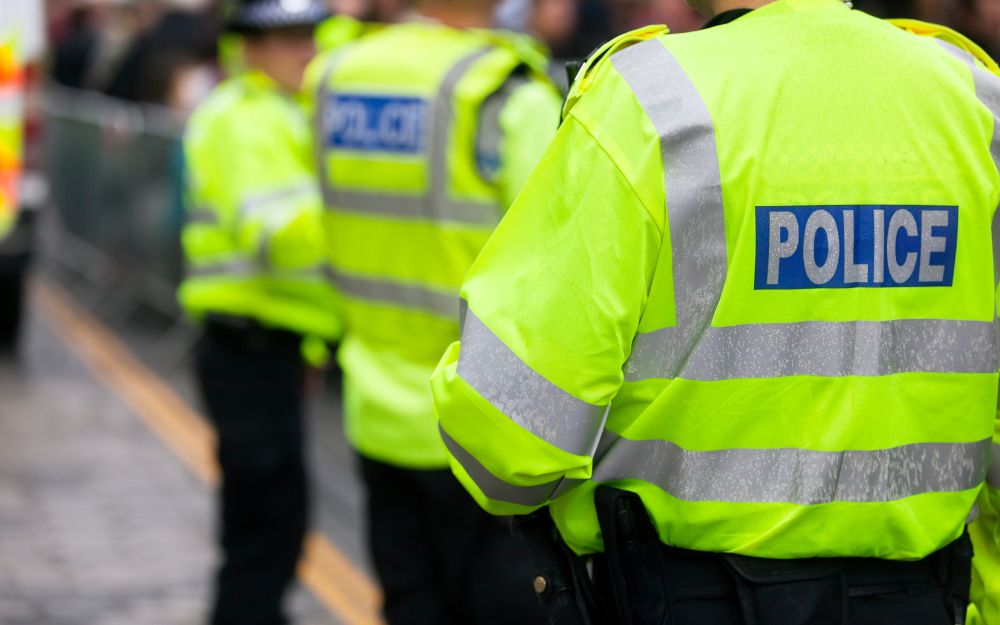
Whether you’ve done anything unlawful or not, being arrested by the police is a distressing and often confusing experience, one in which it’s important to be aware of your rights and responsibilities.
There are certain things police can and can’t do when they arrest a person in NSW, which is the subject of this article. Firstly it’s important to acknowledge that should you be arrested by police, it’s crucial to remain calm and cooperative despite your fear of the situation. The next thing to do is make contact with a legal representative with experience in criminal law matters as soon as possible.
What happens when the arrest takes place
Under the Law Enforcement (Powers and Responsibilities) Act 2002 in NSW, police have the power to arrest any person who they reasonably suspect of having committed an offence, or who is about to commit an offence. Police can also arrest a person if there is a warrant for their arrest, if they have breached bail conditions, failed a roadside breath test or if they have breached the peace.
When conducting an arrest, the police officer should make it clear they are, in fact, arresting you and give you instructions on how to comply with the order, such as coming with them to a police station. They should also provide their name and place of work. Police are permitted to use reasonable physical force to conduct the arrest but if you believe the force used was unreasonable, advise your legal representative as soon as possible after the arrest.
A person being arrested is perfectly entitled to ask why they are being arrested and the nature of the offence police believe they have committed.
You do not need to answer any police questions and police are not able to arrest you simply to answer questions as part of an investigation. Ideally you will have a legal representative with you before you answer any police questions. It’s important to note, however, that resisting lawful arrest is a serious offence and so the wisest course of action is to comply with police requests, even if you know you are innocent of the offence they suspect you committed.
What happens after you’ve been arrested
Generally speaking police will take an arrested person to a police station to conduct an interview as part of an investigation. They will ask you for basic details such as your name, address and occupation, and possibly take fingerprints and photographs. A search of your person may also be conducted but it is limited to a search of outer garments and bags and/or scanning by a metal detector. The search must be conducted so as to preserve a person’s dignity and respect.
The station’s custody manager will then inform you of your rights to contact a relative, friend or legal representative. You must also be informed that you will be held for a period of six hours. After being held for that period police must seek a warrant to hold a suspect for an additional eight hours. You may then be subjected to an interview about the alleged offence, where you should have a legal representative present, as is your right. You have the right to not answer any specific questions, unless compelled by a specific law (such as investigations into terrorist activities) to do so. An arrested person also has the right to an interpreter, if required, and medical treatment if needed.
Police must inform you that any answers you give may be used in evidence against you in court, which requires you to be cautious about making any statements without legal advice. A special caution must also be given to those arrested on a serious indictable offence – one punishable by a term of imprisonment of more than five years – indicating that a failure or refusal to mention something that is later relied upon in court may harm the arrested person’s defence. This caution must be given in front of the person’s lawyer.
Police may then charge you with a crime before a Magistrate or release you. A person may not be held for an unreasonable period without being charged.
To protect your rights and gather evidence, it is advisable to document the arrest process as much as possible. This might include taking note of the names and badge numbers of the arresting officers, recording the time and location of the arrest, and collecting contact information from any potential witnesses.
Seek urgent legal advice
As is clear from the information in this article, it is crucial to seek legal representation as soon as possible if you’ve been arrested. At such a stressful time, most people are unaware or forget their rights when faced with allegations of criminal behaviour. At Felicio Law Firm, we have wide experience in criminal law matters and can provide prompt, clear advice on what you should do if arrested by police. If anything raised in this article is relevant to your situation, contact our professional team now.


